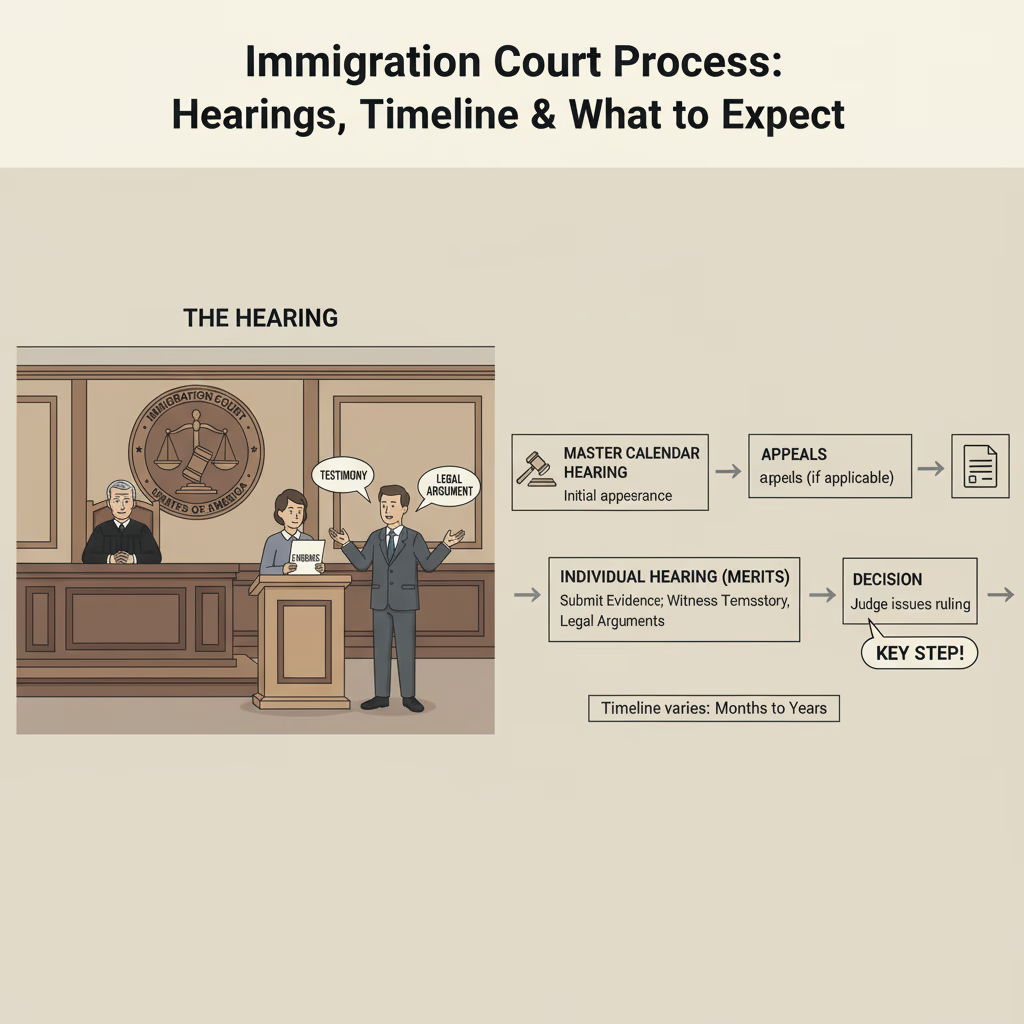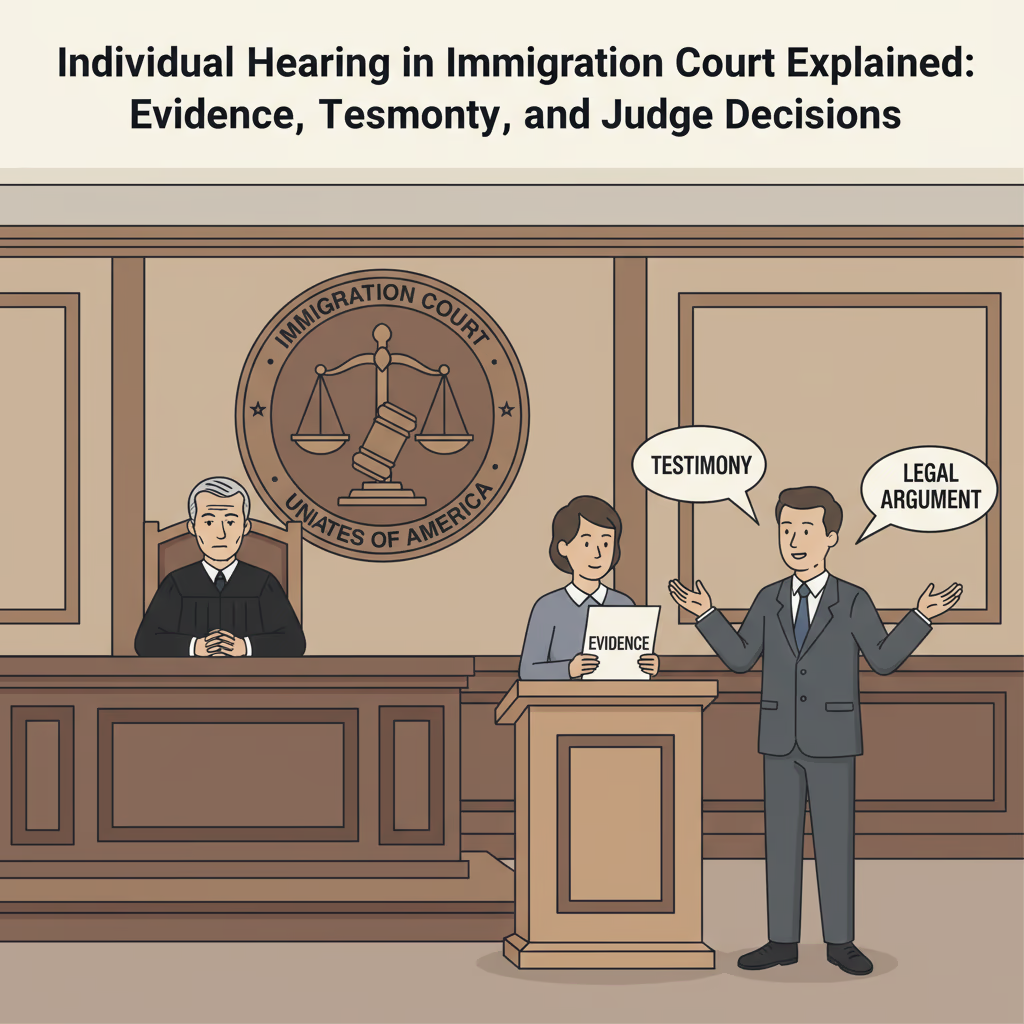Immigration has long been a topic of debate across nations, with different opinions on its impact on economies, cultures, and public services. Among the most discussed is how immigration affects critical public systems, such as education and healthcare. Concerns about overcrowded schools and extended wait times at hospitals are often counterbalanced by the argument that immigrants play a vital role in supporting the economy and contributing to government tax revenue. This blog takes a deep look into these conflicting perspectives, analyzing their impact on public services and exploring ways forward.
Immigration and the Strain on Schools
One common concern raised in debates about immigration is the increased pressure on public schools, particularly in areas with high population growth. When families immigrate to a country, their children often enroll in local schools, many of which may already be operating near capacity. This influx can stretch resources thin, resulting in larger class sizes, overworked teachers, and less individual attention for students.
Data highlights the challenge:
- According to a report by the National Center for Education Statistics (NCES), districts in certain urban areas with high immigrant populations reported an average student-to-teacher ratio of 18.2, compared to the national average of 16.3.
- Schools in areas with significant immigration have also needed additional resources for specialized programs, such as English as a Second Language (ESL), to ensure non-native speakers can effectively integrate into the classroom environment.
The impact on resources goes beyond the classroom: Schools require funding for new infrastructure, hiring additional teachers, and providing support services. Critics argue that these costs place undue strain on already tight public school budgets.
Are Healthcare Systems Feeling the Pressure?
Population growth through immigration also places pressure on healthcare systems, especially in regions with limited resources. Immigrant populations often require immediate access to healthcare facilities, from prenatal care to chronic disease management. This increased demand can lead to longer wait times, stretched medical staff, and shortages of critical hospital resources.
Key healthcare data to consider:
- A 2022 analysis by the Organisation for Economic Co-operation and Development (OECD) found that areas with growing immigrant populations experienced a 12% increase in emergency room visits over three years, compared to regions with stable populations.
- Rural hospitals, which already face staffing shortages, often feel the greatest strain when newcomers settle in underserved areas.
Additionally, language and cultural barriers can make it harder for immigrants to effectively communicate their medical needs, requiring hospitals to invest in translation services and cultural training programs for their staff.
Public perception of healthcare strain:
Surveys indicate a mixed sentiment among citizens. A 2023 poll by Pew Research Center found that 38% of participants believed immigration worsened the healthcare system, while 46% felt the impacts were neutral or positive.
The Counterargument: Immigrants as Contributors to the Economy
While concerns about increased strain on public services persist, many experts argue that immigrants offset these costs by contributing significantly to the economy and tax base. These contributions, they claim, often outweigh the additional expenditures associated with population growth.
Immigrants and tax revenue:
Economic studies reveal that immigrants contribute billions of dollars in taxes, helping fund public education, infrastructure, and healthcare programs.
- A 2021 report by the National Academies of Sciences, Engineering, and Medicine found that first-generation immigrants had a net positive fiscal impact of $58 billion annually due to contributions exceeding benefits received.
Filling workforce gaps:
Immigrants also play an essential role in addressing labor shortages in critical sectors. For example, in healthcare, 16% of nurses and nearly 29% of physicians in the United States are foreign-born. This contribution directly shores up the healthcare system and ensures more citizens can access timely medical care.
Economic stimulation:
Immigrants are also consumers who drive local economies. By settling in communities, purchasing goods and services, and even starting new businesses, they create jobs and fuel broader economic growth. For every challenge immigration may pose, it offers economic benefits that ripple through society.
Balancing Concerns and Solutions
The debate around immigration’s impact on public services is a nuanced issue, with valid concerns on both sides. On one hand, population growth through immigration undeniably pressures education systems, healthcare facilities, and public budgets. Schools facing overcrowding and hospitals managing resource shortages highlight the real challenges faced by communities. However, immigrants also provide vital contributions by fueling economic growth, filling critical job vacancies, and paying taxes that fund the very public services they utilize.
Comprehensive solutions are key.
Governments and policymakers must adopt balanced approaches to effectively manage immigration while ensuring public services are equipped to handle growing demand. Potential steps include:
- Increasing public funding: Allocate additional resources to schools and healthcare facilities in areas experiencing population growth.
- Encouraging workforce integration: Streamline processes for immigrants to enter and enhance the professional workforce, especially in high-demand fields like education and healthcare.
- Promoting public understanding: Share transparent data on immigration’s economic benefits to dispel misconceptions and foster collaboration between immigrant communities and local residents.
The Path Forward
Immigration and its effect on public services require both careful scrutiny and proactive policy measures. A well-designed approach can address challenges while maximizing the many economic and cultural benefits immigrants bring to their new communities.
Ultimately, finding a sustainable balance between maintaining accessible public services and welcoming new populations is in the best interest of all society members. By fostering collaboration and investing in community infrastructure, nations can turn potential challenges into opportunities for shared growth.






